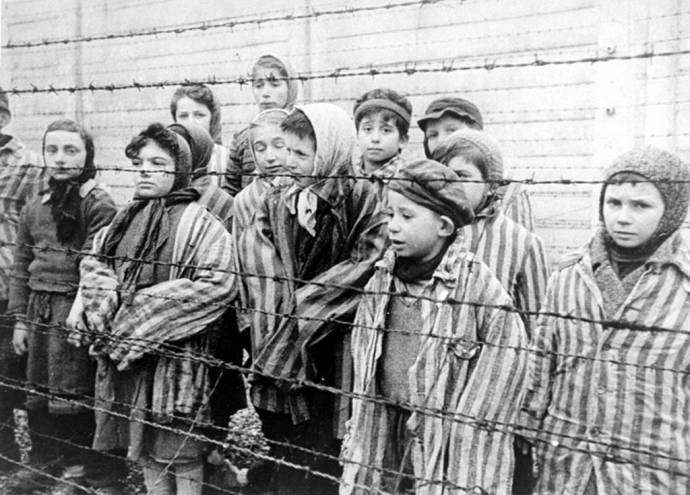The Slovenian Association of Roma in collaboration with several organisations, including the European Museum of Roma Culture and History and the Municipality of Murska Sobota, will hold a symposium on the Roma Genocide and its consequences in European countries and lay a wreath at the Porajmos memorial plaque in Murska Sobota on Friday.
Meanwhile, a memorial ceremony, entitled The Night Violins Went Silent, will be held at the Maribor Synagogue tonight, featuring a screening of the 1990 film Sidonie by Karin Brandauer. The film, based on a book by Erich Hackl, tells the story of a Roma girl who died in Auschwitz.
The ceremony will be addressed by the Roma Community Council head Jože Horvat Muc.
The first event to commemorate the Roma Genocide in Slovenia was held in 2014.
According to Vera Klopčič, a Roma culture scholar, remembering the victims of the Roma Holocaust is especially important in light of fighting hostility and intolerance towards the Roma.
Most historians and scholars put the number of Roma killed by the Nazi regime at around half a million, while some put the number at 1.5 million.
The destruction of the Zigeunerlager, the Roma camp at Auschwitz, which was executed on 2 August 1944, marks the biggest individual murder of Roma.
It is unclear how many Roma died during the Second World War in Slovenia, but 77 members of the community were sent to Auschwitz in December 1943. They were all killed either in Auschwitz or in other concentration camps.
Whereas Roma were sent to concentration camps by the Italian, German and Hungarian forces, they fared no better at the hands of the Partisan resistance, who killed Roma, presumably as a "preventive measure" out of fear that they would turn them over to the occupying forces.






